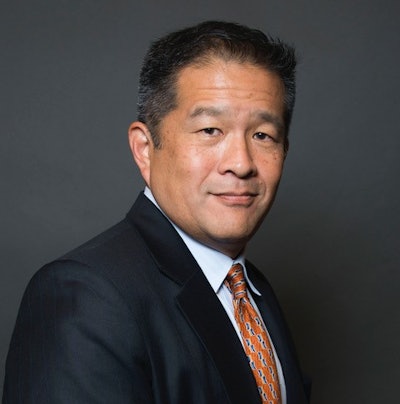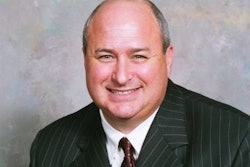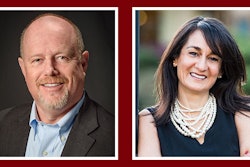
In order to be a successful leader, there are many attributes you must acquire. You know the general traits – the ability to listen, take on challenges, knowledge of the field, advocate for their employees and a natural curiosity of the industry. However, there is a certain amount of empathy that is required to better understand where pain points lay within the supply chain.
“We really need to be thinking about how does the work I produce impact you and how does the work you produce impact your internal customer or the external customer, same with the suppliers, and that means taking a more holistic look at the supply chain. That also requires more empathy and more understanding more natural curiosity of what all goes into the value chain,” says Milton Young, procurement director, Enerflex Energy.
With Supply & Demand Chain Executive celebrating its 20-year anniversary, the editorial team has been watching and reporting how the industry has changed over the last two decades. One thing remains unchanged, though -- the supply chain and logistics industry thrives on meaningful and consistent leadership.
The annual Pros to Know award recognizes professionals for their accomplishments in leveraging the supply chain industry for competitive advantage. For the last 20 years, SDCE has honored these Provider, Practitioner and Provider Team Pros to Knows by highlighting their achievements. Now, we look back at some of the top Pros to Know over the years to see what they have been up to since they last received the award.
“What I appreciate about [being named a Pro to Know over the last 20 years] is that it's a recognition of an approach to a forward-looking integrated supply chain. My approach has always been an integrated supply chain and understanding how the different pieces fit together and work together. Being recognized as a Pro to Know has been a validation of that more than anything,” says Young.
Since winning the award in 2007 and 2010, Young has switched companies from FMC Technologies to Enerflex, a Canada-based company that makes midstream gas processing equipment, and has continued to provide cross-functional workshops to identify and utilize existing supply chain functionality within new systems.
“We have engineers who are designing the equipment, we have suppliers who are making the equipment, we have customers who are demanding the equipment on a certain day so they can begin their operations. And, if we don't understand where we fit into the schedule, and we assume that the other sides aren't making allowances for us, we also need to be aware; we need to make allowances for them as well,” says Young. “So, we all have to work together to meet the schedule. You have to understand the downstream impacts of a lot of the things that we look at.”
But, in order to know the different aspects of the supply chain, you have to know the history of each sector as well. That is when education plays a major role within an organization because not everyone will know exactly what is going on within the marketplace at any given time. Young encourages people to join different industry groups, as they can have different perspectives, allowing you to gain insight from both sides of the value chain.
“How do you satisfy natural curiosity? Well, part of that is through education. Part of that is through discussing things with knowledgeable professionals. But. education is important because if it's done correctly through the right groups, they've already provided a filter as to what's actually important to know,” says Young. “Being open to accepting different perspectives is good because that helps you expand your thinking and helps prepare you for the uncertainty that goes on in our world today.”
Mentorship and education go hand-in-hand, though. Young credits his success to all of his mentors throughout his career, allowing him to pay it forward with younger employees that he works with. He believes that quality mentorship, and leadership for that matter, can encourage employees to stay with the company longer and build more connections within the industry.
“Everybody has blind spots. And, if you're able to help somebody else with their blind spot, even if it's superior or a peer, that's good too. What I'm trying to do with my people is help them develop all of their leadership capabilities,” Young explains. “If you're a better leader, and being a leader doesn't necessarily mean you have a lot of people reporting to you, it just means you're able to guide people in in in the best way possible. By providing that mentorship, hopefully I'm developing the next generation of leaders in our company.”



















